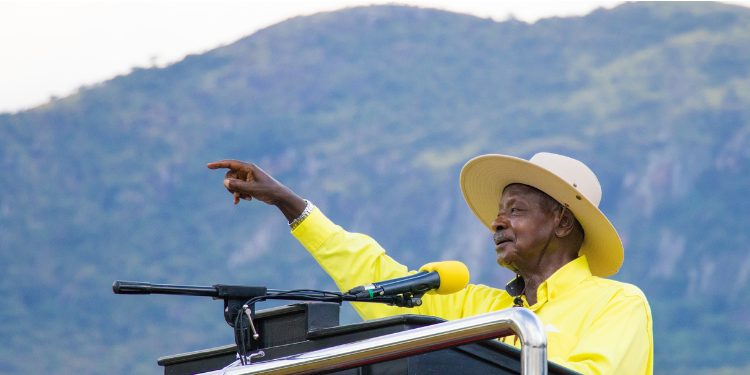Uganda’s Electoral Commission has unveiled the official polling schedule for the country’s 2026 general elections, setting the stage for a high-stakes political season that will determine the presidency, parliamentary representation, and local governance.
The roadmap spans three weeks and includes national and regional conferences for representatives of workers, youth, older persons, and persons with disabilities.
The first phase of voting will take place on January 15, 2026, when Ugandans elect the President and Members of Parliament, including directly elected MPs and District Woman Representatives.
This marks the most significant contest in the electoral cycle.
On January 19, the Commission will conduct the National Conference for Persons with Disabilities (PWDs) representatives to Parliament.
The same day, councilors representing SIGs—youth, older persons, and PWDs—will be elected at sub-county, town, and municipal levels.
Elections for SIG councilors at the municipal and city division levels will take place on January 20.
Workers’ representatives to Parliament will be chosen on January 21 during a national conference.
Local Government Elections
District Local Government elections, covering District Chairpersons, Lord Mayors, Mayors, and Councillors, are scheduled for January 22.
Municipality and City Division Chairpersons and Councillors will be elected on January 27.
National Conferences and Army Council
On January 28, three critical events will occur: the election of the National Female Youth Representative to Parliament, the National Female Older Persons Representative, and the Army Council meeting to elect representatives of the Uganda People’s Defence Forces (UPDF) to Parliament.
Councilors representing SIGs at the district and city levels will be elected on January 29.
Regional Conferences
Regional conferences for Older Persons representatives to Parliament will take place on February 2, followed by elections for Sub-county, Town, and Municipal Division Chairpersons and Councillors on February 4.
Regional conferences for Youth representatives conclude the process on February 6.
The Electoral Commission has urged political parties, candidates, and voters to comply with electoral laws and guidelines.
“All stakeholders are encouraged to participate in accordance with the law.”
Political Context
Uganda’s 2026 elections can be well defined as a contest between continuity and change.
President Yoweri Museveni, in power since 1986, is seeking a seventh term under the ruling National Resistance Movement (NRM) and faces seven other opponents for the top seat.
Opposition leader Robert Kyagulanyi Ssentamu, better known as Bobi Wine, of the National Unity Platform (NUP), remains Museveni’s main challenger.
Wine, cleared to run after initial hurdles, frames the election as “a battle between dictatorship and liberation.”
His platform focuses on ending corruption, restoring democratic freedoms, and addressing youth unemployment.
Wine’s support is strongest among urban youth, who dominate social media activism and demand systemic change.
Other candidates include:
- Nathan Nandala Mafabi – Forum for Democratic Change (FDC)
- Mugisha Muntu – Alliance for National Transformation (ANT)
- Munyagwa Mubarak Sserunga – Common Man’s Party (CMP)
- Robert Kasibante – National Peasants Party (NPP)
- Joseph Elton Mabirizi – Conservative Party (CP)
- Frank Kabinga Bulira – Revolutionary People’s Party (RPP)
Key Trends in Ugandan Elections
Uganda’s electoral history under President Yoweri Museveni shows recurring patterns that shape expectations for the 2026 polls.
Since the introduction of direct presidential elections in 1996, Museveni has secured victory in every contest.
Also Read: Ruto Finally Congratulates Samia Suluhu
The rural-urban divide remains the defining feature of Uganda’s electoral dynamics.
Museveni continues to dominate rural constituencies, where government programs and infrastructure projects resonate strongly with voters who prioritize stability and development.
In contrast, opposition strength is concentrated in urban centers such as Kampala and Wakiso, where calls for political change and governance reforms dominate public discourse.
Opposition candidates have mounted significant challenges but have not succeeded in removing Museveni from power.
Also Read: Samia Suluhu Swearing-in: Security Arrangements and Presidents Attending the Ceremony
Kizza Besigye, representing the Forum for Democratic Change, achieved his strongest performance in 2006 with 37 percent of the vote, while Bobi Wine captured 34.8 percent in the 2021 election.
However, Besigye will not take part in the 2026 elections after Museveni jailed him for treason.
The veteran politician was abducted in Nairobi in November 2024 and imprisoned, with authorities frustrating and blocking his efforts to seek bail.
Follow our WhatsApp Channel and X Account for real-time news updates.
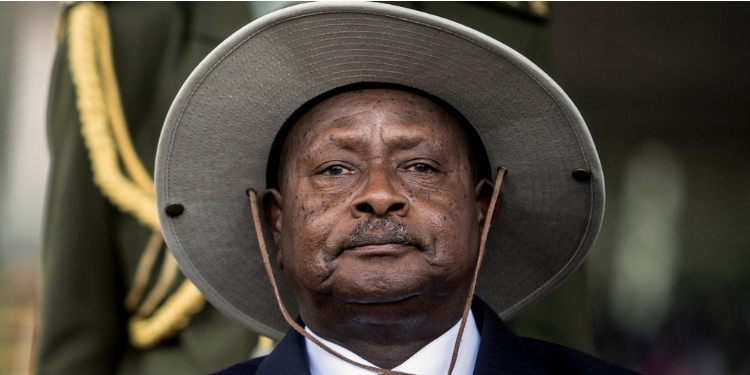


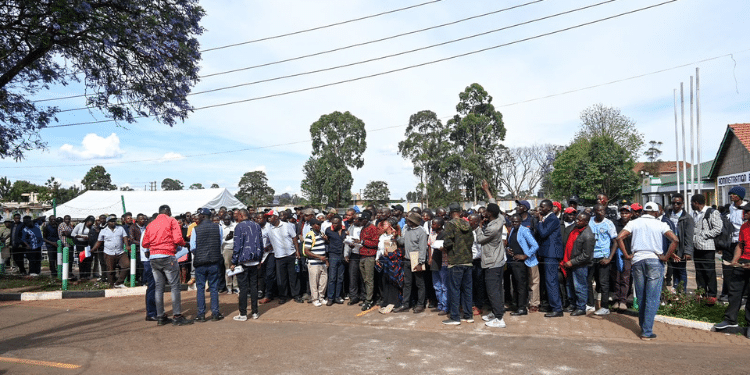
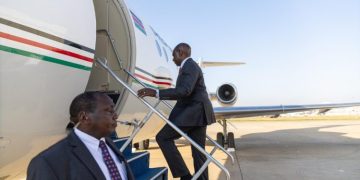
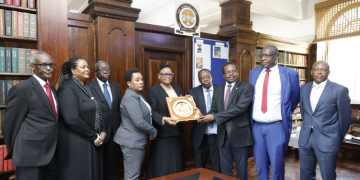

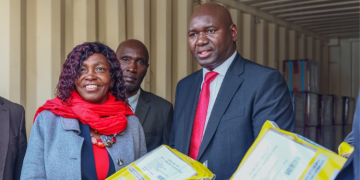
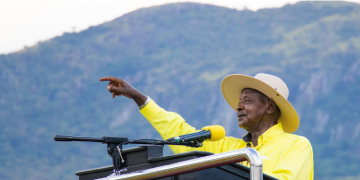








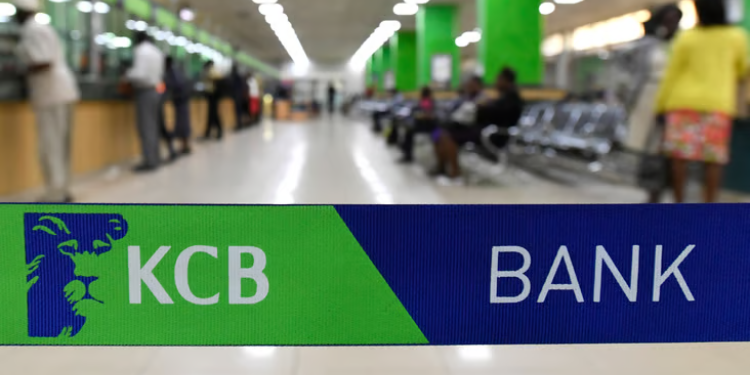
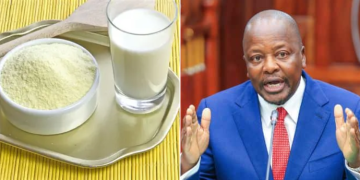

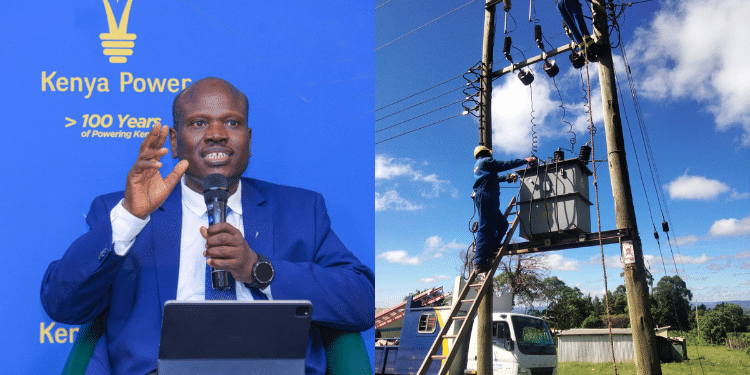
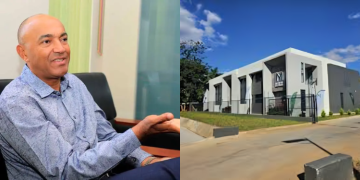




























![Senator Allan Chesang And Chanelle Kittony Wed In A Colourful Ceremony [Photos] Trans Nzoia Senator Allan Chesang With Channelle Kittony/Oscar Sudi]( https://thekenyatimescdn-ese7d3e7ghdnbfa9.z01.azurefd.net/prodimages/uploads/2025/11/Trans-Nzoia-Senator-Allan-Chesang-with-Channelle-KittonyOscar-Sudi-360x180.png)




















